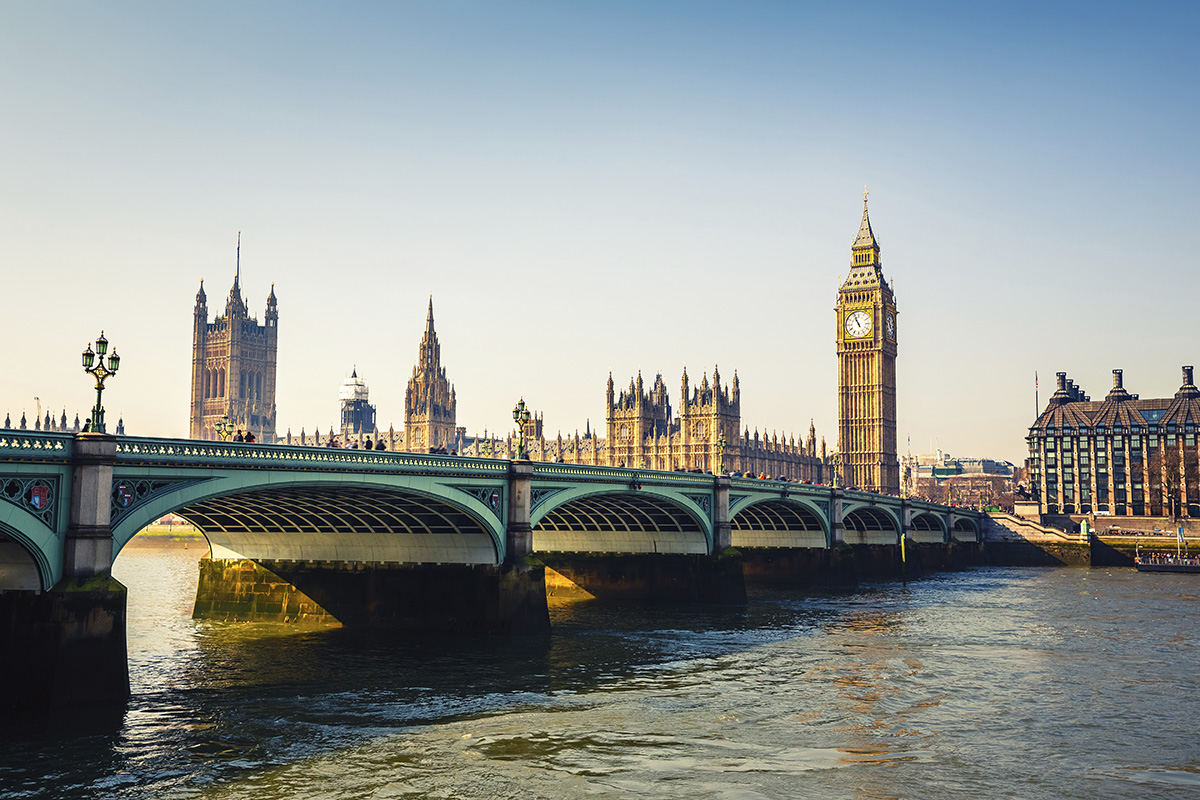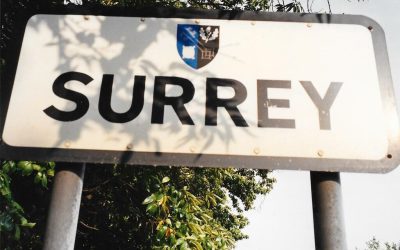The District Councils’ Network has welcomed a House of Lords move to ensure that devolution deals could genuinely result in power being devolved to the lowest possible level.
Peers last week amended the Levelling Up and Regeneration Bill to set up a process so that district councils can become full members of combined county authorities (CCAs).
The move – carried by 162 to 157 votes – would end the discrepancy which means that in CCAs only county councils and any unitary authorities within the area get voting rights on the bodies to which powers are devolved from the Government. Under the amendment, ministers would establish a process for non-constituent members of CCAs, such as district councils, to become full members.
The Government’s original proposal would have meant that district councils – the tier of principal government closest to local communities – would have no voting powers on CCAs. District councils control services including housing, planning, economic growth and the environment which are at the core of levelling up.
Baroness Taylor of Stevenage, who moved the amendment, said that in her home county, workstreams of the Hertfordshire Growth Board including economic growth, town centre management, housing growth and climate change were all led by district leaders.
Baroness Taylor, the former leader of Stevenage Borough Council and a former DCN vice-chair, said it was hard to see how district leaders could continue to undertake this valuable work if they did not have voting rights in the county. This issue was exacerbated by co-opted ‘associate members’ of combined authorities – representatives of bodies with no democratic mandate – were given a vote.
“The Government’s proposal in the Bill that combined authorities may give their associate members a vote but do not have to give that same ability to district council members or leaders leaves combined authorities in the unprecedented and very unwelcome situation of having democratically elected representatives on their body who cannot vote and appointed members who can. That is surely not tenable,” she said.
“It is the opposite of devolution for the Government to determine which locally elected representatives should be permitted to take part in local decision-making and which should not.”
In response to the amendment, a DCN spokesperson said:
“We share fully share the Government’s desire to bring about devolution, but power will still feel far away from our communities if it is concentrated in county councils and district councils are left without a real seat at the table.”
“It is essential that district councils – the tier of principal government closest to local communities – are properly empowered as full members of combined county authorities if we are to end people’s disconnection from power. We urge the Government to accept this amendment.”





